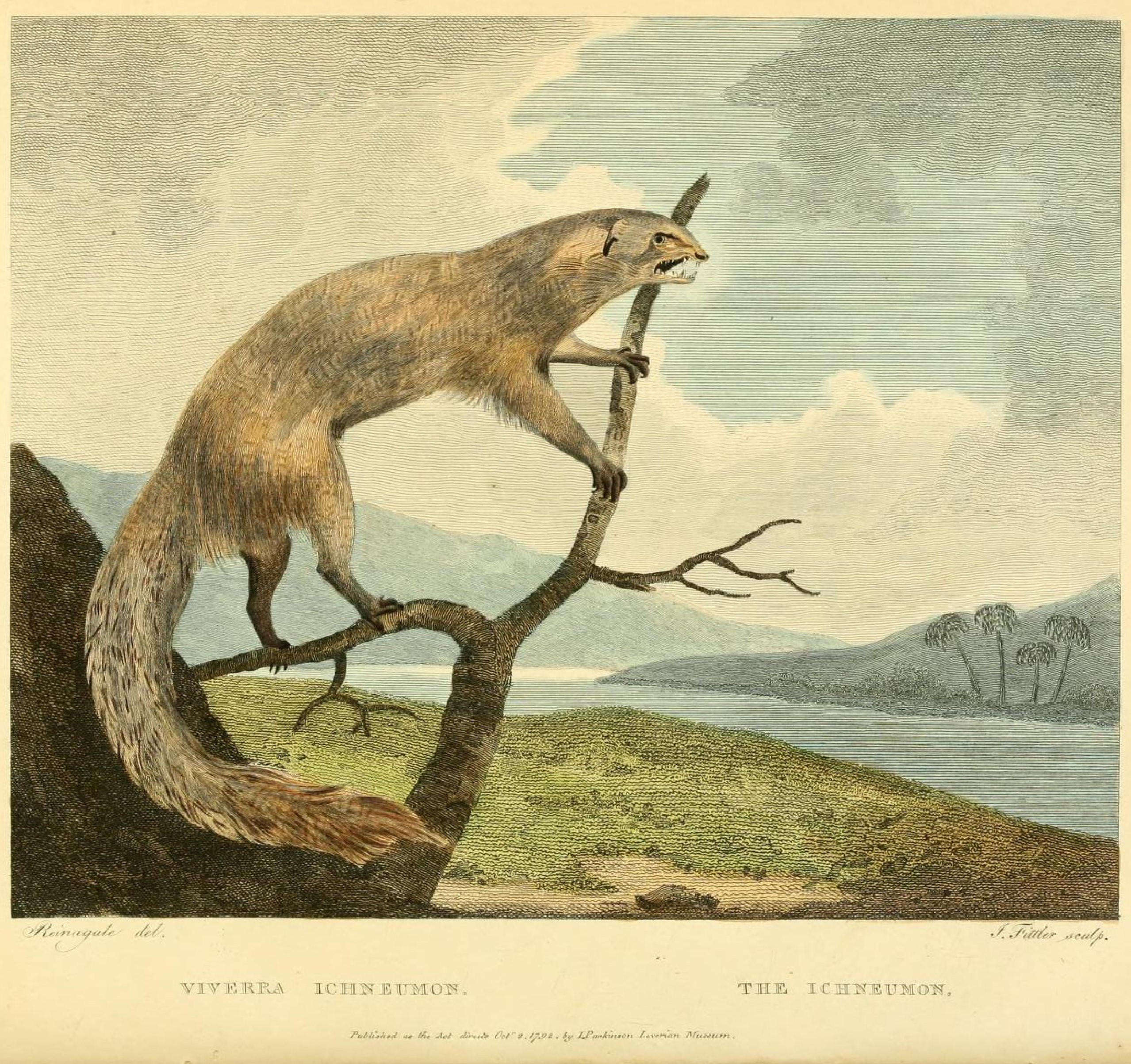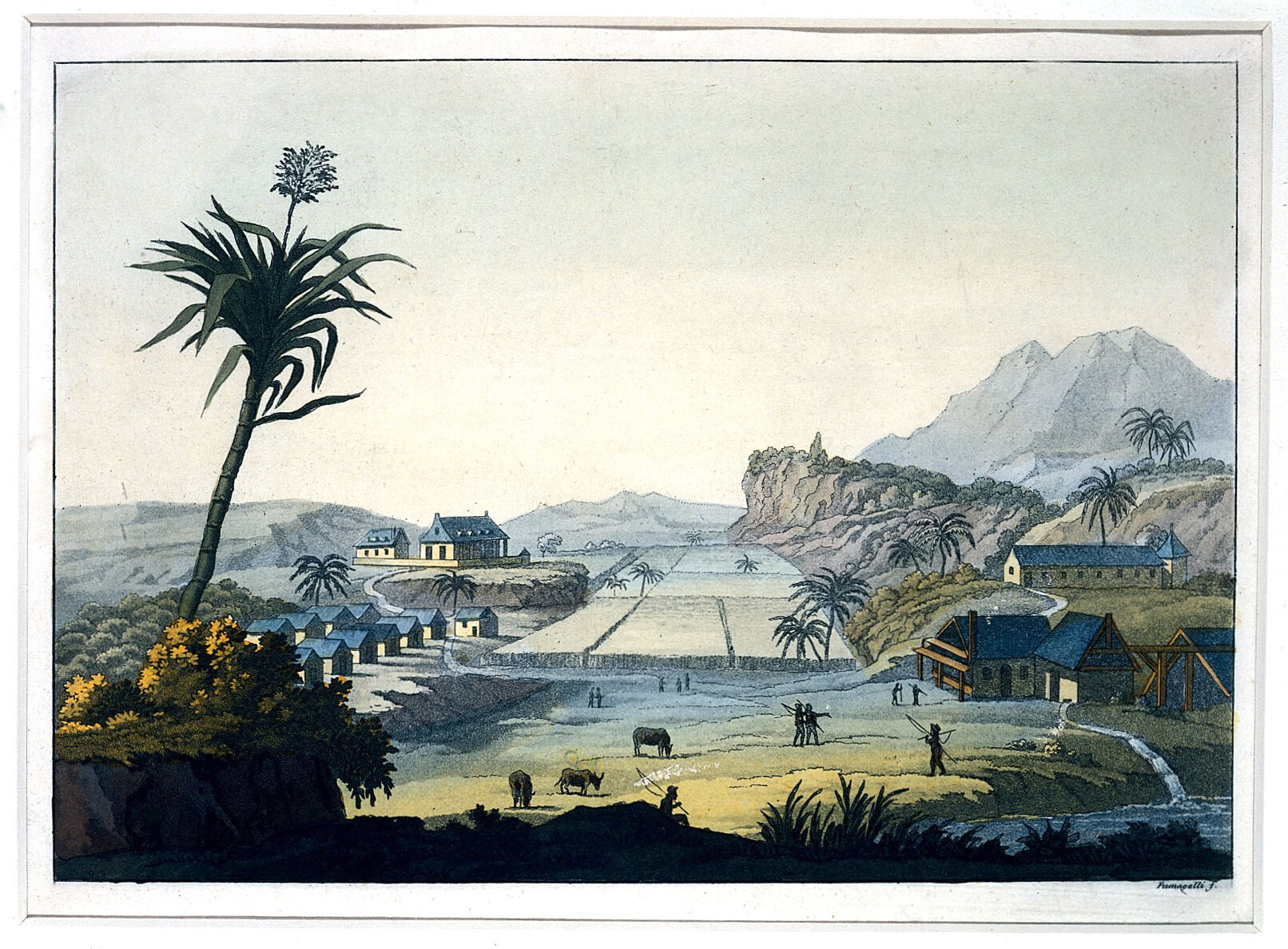"A plague of weasels and ticks: animal introduction, ecological disaster, and the balance of nature in Jamaica, 1870–1900" by Matthew Holmes.

According to an estimate by the United Nations, invasive species cost the world over four hundred billion dollars a year and are a major factor in species extinction. In a new article, Matthew Holmes examines how the invasive small Indian mongoose (Urva auropunctata) arrived in Jamaica and its ecological repercussions. In 1872, a British colonist introduced the mongoose to his sugar plantation, hoping that the carnivorous animal would control the rat population. The mongoose, however, spread across Jamaica and hunted indigenous and naturalized birds and reptiles to near extinction. British colonists complained that the loss of these insectivorous species to the mongoose was responsible for a subsequent outbreak of ticks in Jamaica. Yet in the closing years of the nineteenth century, British authorities claimed that these ticks attacked mongooses and greatly reduced their number: an example of the ‘balance of nature’ reasserting itself. Holmes, however, questions this colonial narrative. He notes that an upsurge in the Jamaican tick population was probably due to the expansion of the colonial cattle industry, which carried and incubated the arachnids. The story that ticks had turned on the mongoose, Holmes argues, was a strategy adopted within the British Empire to retrospectively rationalize poor environmental decision making. By claiming that the 'balance of nature' would reassert itself, supporters of the Jamaican plantation economy and animal introductions were able to gloss over their mistakes and claim that any negative impacts were short lived. This was not the case, and the mongoose remains one of the most damaging invasive species in the world today.

Matthew Holmes is a Postdoctoral Fellow in Environmental History at the University of Stavanger, where he examines the modern history of the house sparrow (Passer domesticus) in urban spaces. Matthew’s previous postdoc position at the University of Cambridge investigated science and agriculture in the British Empire. His forthcoming book with the University of Pittsburgh Press, The Graft Hybrid: Challenging Twentieth-Century Genetics, explores the creation of chimeral plants and animals. He also publishes on the history of biotechnology, morphology, and natural history.
Holmes M (2023). "A plague of weasels and ticks: animal introduction, ecological disaster, and the balance of nature in Jamaica, 1870–1900." The British Journal for the History of Science 56, 391–407. DOI: 10.1017/S0007087423000286